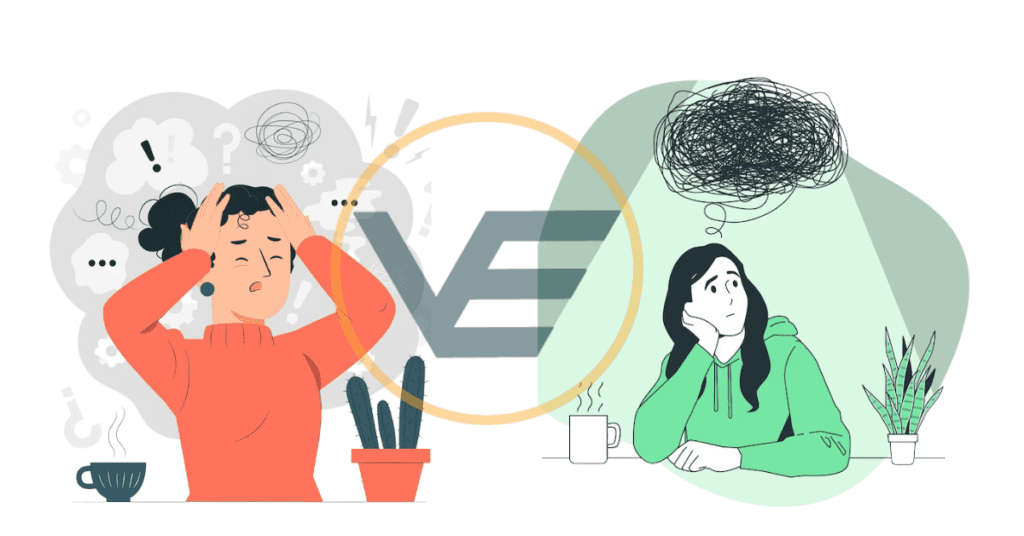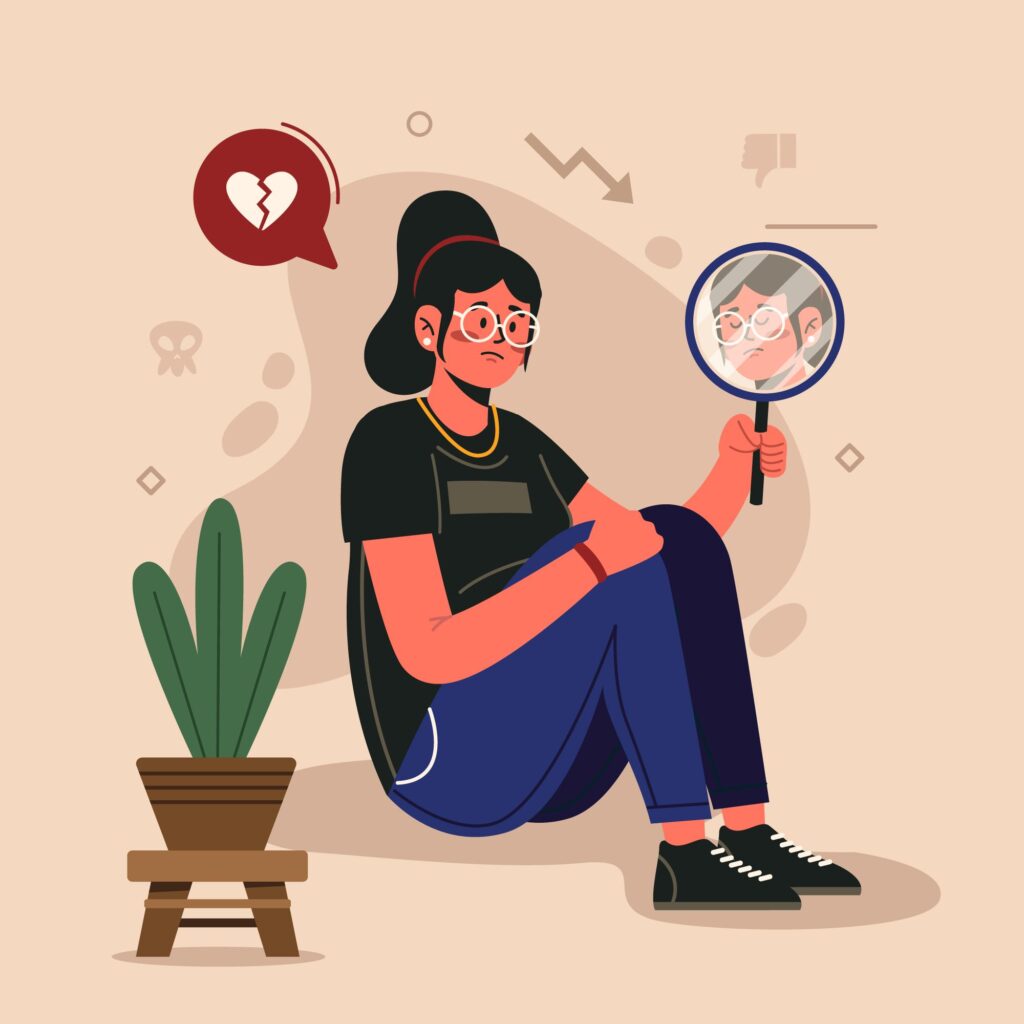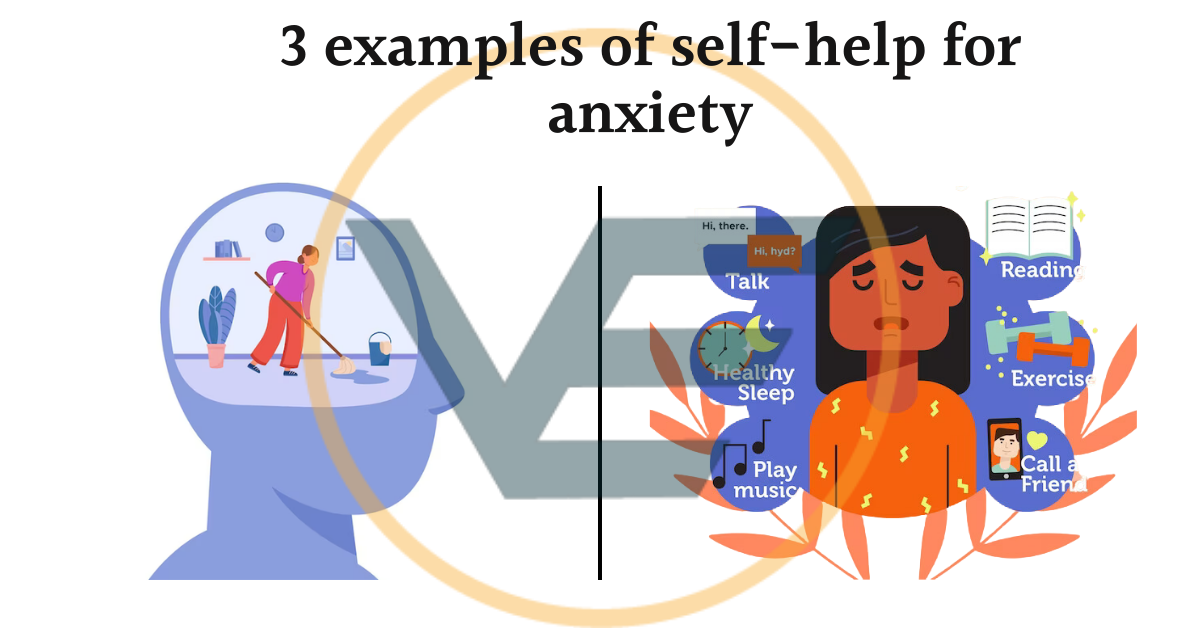Anxiety is a common mental health issue that can lead to excessive worry, fear, and unease. The symptoms of anxiety can range from mild to severe and can have a significant impact on a person’s daily life. To manage anxiety, it is essential to recognize and address the issue.
Self-help strategies can be a powerful tool for managing anxiety, and there are several practical and accessible methods available. In this article, we will explore three powerful examples of self-help for anxiety, each offering effective tools and techniques to help individuals manage their anxiety symptoms and improve their overall well-being. These strategies include mindfulness, physical exercise, and cognitive-behavioral therapy. By incorporating these self-help techniques into their daily routine, individuals can take control of their anxiety and improve their quality of life.
Three Examples of Self-Help for Anxiety
The three self-help for anxiety are deeply explained in given below;

Mindfulness and Relaxation Techniques
Mindfulness, rooted in ancient practices like meditation, has gained significant attention for its effectiveness in anxiety management. By cultivating awareness of the present moment, individuals can break free from the cycle of anxious thoughts and sensations. Mindfulness techniques, such as meditation and deep breathing, can be easily integrated into daily life.
Practical tips for incorporating mindfulness include setting aside dedicated time for meditation, starting with short sessions and gradually increasing duration. Additionally, progressive muscle relaxation and visualization are effective relaxation techniques that can complement mindfulness practices. These methods empower individuals to regain control over their minds and bodies, promoting a sense of calm and balance.
Exercise and Physical Activity
The connection between exercise and anxiety reduction is well-established, with physical activity acting as a powerful tool for both prevention and management. Engaging in regular aerobic exercises, such as brisk walking, jogging, or swimming, can significantly alleviate anxiety symptoms. Strength training exercises, focusing on building muscle and improving overall physical health, also contribute to mental well-being.
Tailoring exercise routines to personal preferences and fitness levels is essential for long-term adherence. Whether it’s a solo jog, group fitness class, or home workout, finding enjoyable activities is key. Consistency is equally crucial, as regular exercise not only reduces anxiety but also enhances overall mood and cognitive function.
Cognitive Behavioral Therapy (CBT)
Cognitive Behavioral Therapy (CBT) is a widely recognized therapeutic approach for anxiety disorders. It focuses on identifying and changing negative thought patterns that contribute to anxiety. Key CBT techniques include challenging negative thoughts, cognitive restructuring, and behavioral experiments.
While professional guidance is beneficial, resources are available for individuals to learn and practice CBT skills independently. Workbooks, online courses, and self-help books provide structured frameworks for applying CBT principles to daily life. However, Seeking professional support can enhance CBT’s effectiveness and provide personalized guidance for overcoming specific challenges.

It’s essential to note that self-help strategies can be beneficial for managing mild to moderate anxiety. However, if anxiety symptoms persist or significantly impact daily life, seeking professional help from a mental health counselor or therapist is recommended. Each individual’s experience with anxiety is unique, so it’s essential to find self-help methods that resonate with you and fit your specific needs and preferences. Remember, self-help practices can complement professional treatment but should not be considered a replacement for expert guidance when needed.

